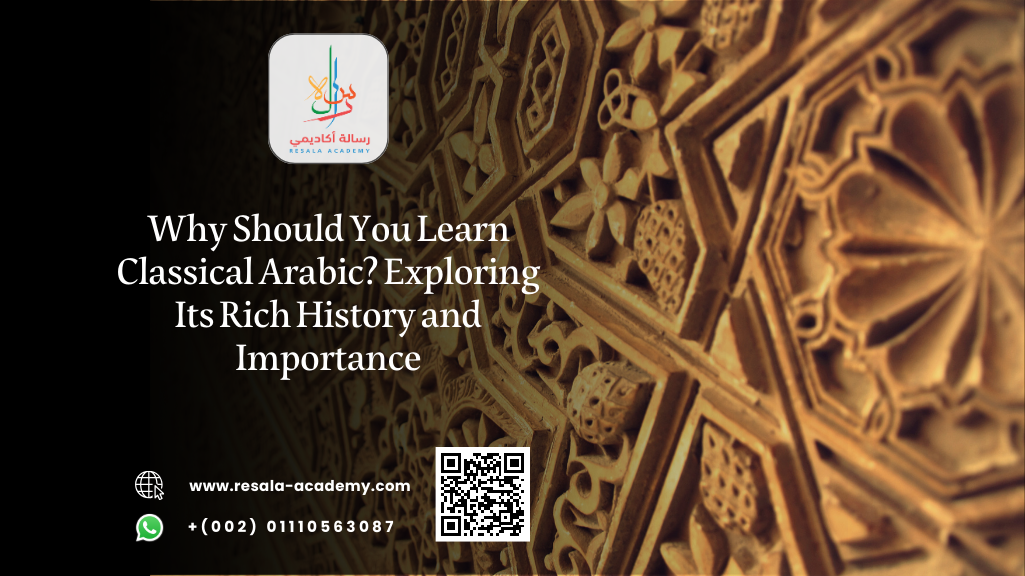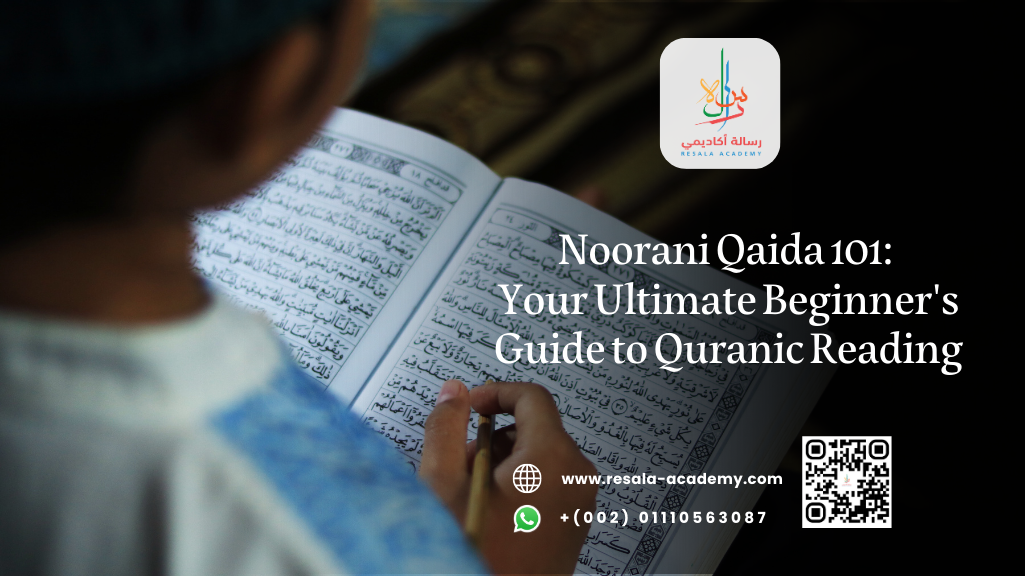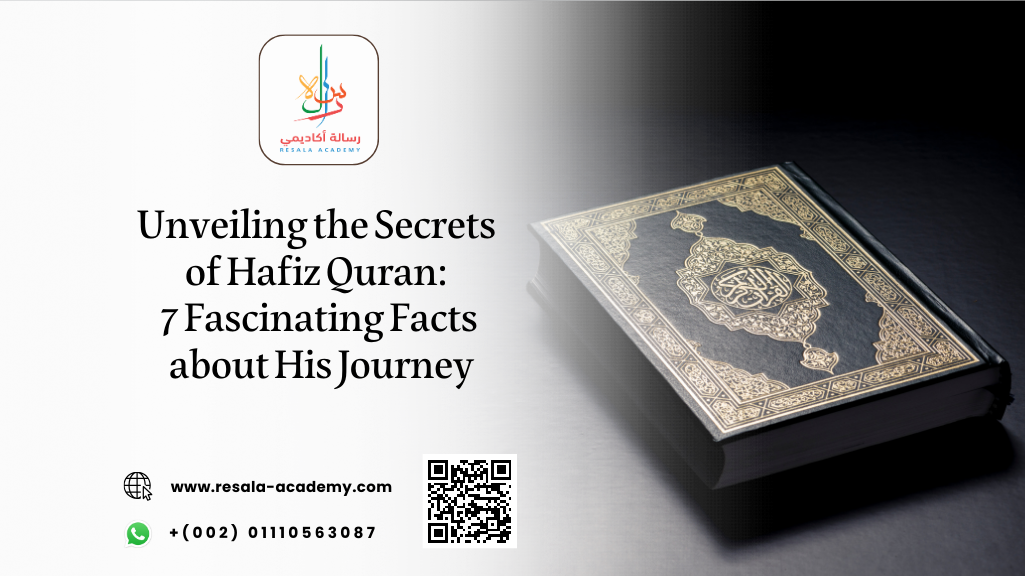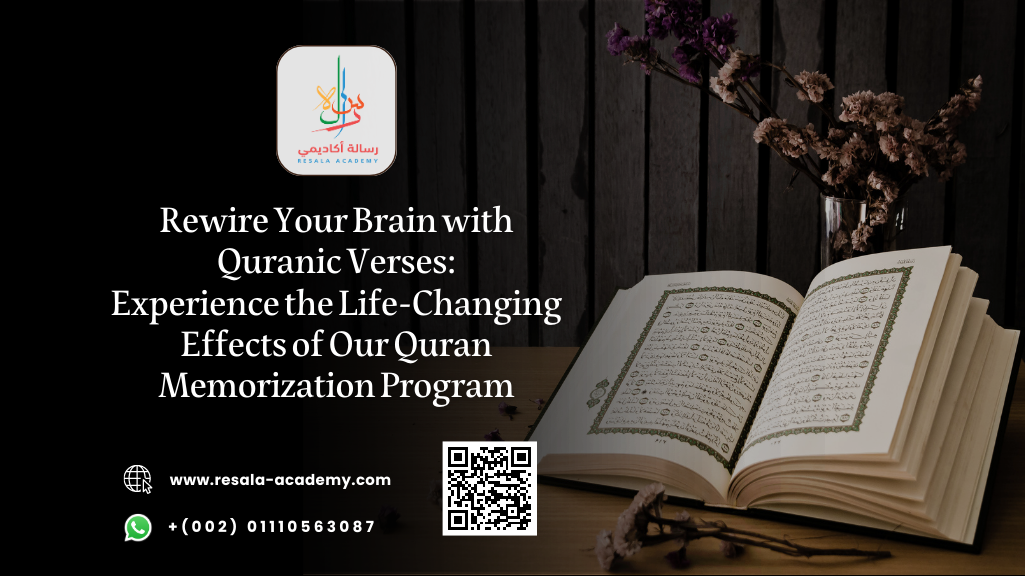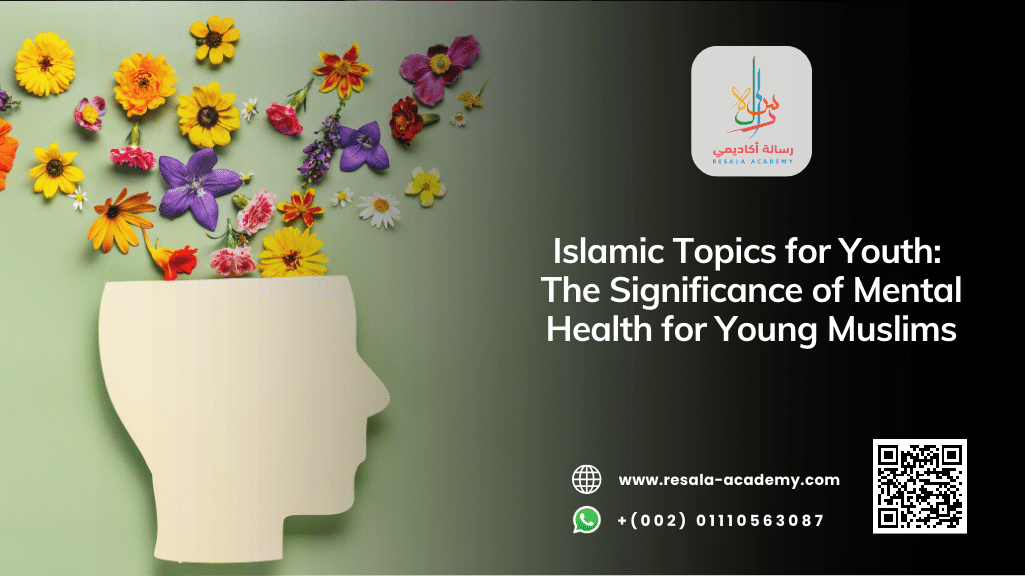Table of Contents
Why Should You Learn Classical Arabic? Exploring Its Rich History and Importance
Welcome to our blog post on the fascinating world of Classical Arabic! If you’ve ever been curious about this ancient and prestigious language, then you’re in for a treat.
Learn Classical Arabic is not just an academic pursuit; it opens up a window to a rich history, culture, and tradition that spans centuries.
In today’s interconnected world, where communication has become globalized and technology connects us instantly, why should we bother with learning a language that may seem archaic or outdated?
Well, dear reader, the importance and benefits of studying Classical Arabic go far beyond mere linguistic curiosity. So join us as we embark on a journey to explore the significance of mastering this beautiful language!
Importance of Learning Classical Arabic
The importance of learning Classical Arabic cannot be overstated. Here are five compelling reasons why you should consider diving into this captivating language:
1. Unlock a treasure trove of knowledge:
Classical Arabic is the language of the Quran, Islamic literature, and countless historical texts. By learning it, you gain access to an immense wealth of religious, philosophical, and literary works that have shaped civilizations.
2. Deepen your understanding of Islam:
Studying Classical Arabic allows you to comprehend the original teachings of Islam in their purest form. You can engage with sacred scriptures directly without relying on translations or interpretations.
3. Connect with Arab culture and heritage:
Mastering Classical Arabic grants you insight into the rich traditions, customs, poetry, and art forms that define Arab culture. It fosters cross-cultural understanding and appreciation for diverse perspectives.
4. Enhance career prospects:
In today’s globalized world where businesses operate internationally, proficiency in Classical Arabic opens doors to job opportunities in various fields such as diplomacy, translation services, journalism, academia,
and cultural exchange programs.
5. Bridge generations through history:
By studying this ancient language deeply rooted in history and tradition, you become a bridge between past generations and future ones.
You preserve a piece of our collective human heritage while ensuring its continued relevance for future generations to come.
Differences between Modern and Classical Arabic
In this article, we have explored the importance of learning Classical Arabic and how it can truly enrich your life. Let’s now take a closer look at the differences between Modern and Classical Arabic:
1. Vocabulary:
Classical Arabic contains a vast array of words that are no longer in use in Modern Arabic. By studying Classical Arabic, you will gain access to an extensive lexicon that can deepen your understanding of texts from different periods.
2. Grammar:
There are notable differences in grammar between the two forms of Arabic. While Modern Arabic has undergone simplifications over time, Classical Arabic retains its complex grammatical structures. Learning these intricate rules will sharpen your linguistic skills.
3. Pronunciation:
The pronunciation of certain sounds differs between Modern and Classical Arabic. For example, the letter “Qaf” is pronounced differently in each form.
Familiarizing yourself with both pronunciations will enable you to appreciate nuances when reading ancient texts.
4. Writing Style:
In written form, there are variations in script styles between Modern and Classical Arabic scripts known as Naskh and Kufic respectively). Acquiring knowledge about these styles allows you to recognize historical manuscripts more easily.
5. Literary Tradition:
Mastering classical literature enables you to delve into great works from renowned Arab poets and scholars such as Al-Mutanabbi or Ibn Sina (Avicenna). Engaging with their writings provides insights into cultural heritage while expanding your literary horizons.
By exploring these key differences, we hope you now understand why learning Classical Arabic is so valuable for unlocking the rich history embedded within this beautiful language.
So whether you aspire to delve deeper into Islamic studies or connect with Arab culture on a profound level, embarking on a journey to learn this timeless language will undoubtedly broaden your perspectives and open doors to new opportunities.
Tips for Learning Classical Arabic in 5 Bullet Points
Tips for Learning Classical Arabic:
1. Immerse Yourself:
One of the best ways to learn Classical Arabic is by immersing yourself in the language and culture. Surround yourself with Arabic books, movies, music, and podcasts. Practice listening to native speakers and try to mimic their pronunciation.
2. Start with the Basics:
Begin your journey by learning the alphabet and basic grammar rules of Classical Arabic. Familiarize yourself with common phrases and vocabulary. Build a strong foundation before diving into more complex aspects of the language.
3. Find a Language Partner:
Connect with someone who speaks fluent Classical Arabic or is also learning the language. Engaging in conversations will help you practice speaking skills, gain confidence, and receive feedback on your progress.
4. Use Online Resources:
Take advantage of online resources such as interactive websites, mobile apps, and video tutorials that offer lessons specifically designed for learning Classical Arabic.
5. Be Consistent & Persistent:
Learning any new language requires consistency and persistence. Set aside dedicated study time each day or week to practice reading, writing, listening comprehension, and speaking skills to make steady progress.
Remember that learning a new language takes time and effort; be patient with yourself throughout the process! With these tips in mind, you’ll be well on your way to mastering Classical Arabic.
Resources for Learning Classical Arabic
Learning Classical Arabic can be a challenging yet rewarding endeavor. Fortunately, there are various resources available to help you on your journey to mastering this ancient language. Here are three valuable resources for learning Classical Arabic:
1. Books:
There is a wide range of books dedicated to teaching Classical Arabic, from beginner-level textbooks to advanced grammar guides.
Some popular options include “Arabic Grammar in Context” by Mohammad T. Alhawary. These books provide comprehensive lessons, exercises, and explanations, allowing you to study at your own pace.
2. Courses:
Many educational institutions such as Resala Academy and language centers offer courses specifically designed for learning Classical Arabic.
These courses often follow structured curricula that cover vocabulary, grammar rules, reading comprehension, and writing skills.
Taking a course allows you to receive guidance from experienced instructors who can provide personalized feedback on your progress.
3. Online Resources:
The internet is teeming with websites and online platforms that cater to those interested in learning Classical Arabic. Websites such as Resala Academy.
TV offers interactive lessons, practice exercises, videos with native speakers’ pronunciation examples, and forums where you can interact with other learners or ask questions.
By utilizing these resources effectively in combination with regular practice sessions on your own or through language exchange programs or conversation partners – you will have all the tools necessary for embarking on an exciting journey toward fluency in Classical Arabic!
Common Challenges When Learning Classical Arabic and How to Overcome Them
Learning any new language can be challenging, and Classical Arabic is no exception. Here are some common hurdles that learners often face when studying this ancient language, along with tips on how to overcome them:
1. Complex Grammar:
One of the biggest challenges in learning Classical Arabic is its intricate grammar structure. With its extensive rules for verb conjugation, noun declension, and sentence construction, it can be overwhelming for beginners.
To overcome this challenge, it’s essential to dedicate time to study grammar systematically. Start with basic concepts and gradually build your understanding by practicing regularly.
2. Pronunciation:
The pronunciation of Classical Arabic can also pose difficulties for learners who are not familiar with the sounds unique to the language.
The presence of guttural sounds like “Qaf” (ق) or emphatic consonants such as “Haa'” (ح) requires careful practice and guidance from a knowledgeable teacher or native speaker.
Listening to authentic audio recordings or joining conversation groups can help improve your pronunciation skills.
3. Vocabulary Acquisition:
Another obstacle faced by learners when studying Classical Arabic is acquiring a wide range of vocabulary words necessary for reading texts or engaging in conversations effectively.
Building vocabulary takes time and effort but can be made easier by using flashcards or mnemonic techniques that associate new words with images or memorable phrases.
Remember that overcoming these challenges requires patience, perseverance, consistent practice, and seeking guidance from experienced instructors or resources specifically designed for learning Classical Arabic.
Best Practices for Improving Your Skills in Classical Arabic
Best Practices for Improving Your Skills in Classical Arabic:
1. Consistency is Key:
Learning a new language requires consistent practice, and this holds for Classical Arabic as well. Set aside dedicated time each day or week to study and practice the language.
Whether it’s reading texts, listening to audio recordings, or engaging in conversation with native speakers, make sure to stay committed and keep at it.
2. Immerse Yourself in the Language:
Surrounding yourself with the language is an effective way to improve your skills. Seek opportunities to immerse yourself in Classical Arabic by listening to podcasts, watching movies or TV shows in Arabic, and even joining online communities where you can interact with other learners and native speakers.
3. Use Multiple Learning Resources:
Don’t limit yourself to just one learning resource when studying Classical Arabic. Explore different textbooks, online courses, apps, and websites that offer lessons on grammar rules, vocabulary-building exercises, interactive quizzes, and more.
By using a variety of resources, you’ll gain a more comprehensive understanding of the language and reinforce what you’ve learned.
Remember that improving your skills in any language takes time and effort. Stay motivated by setting realistic goals for yourself along the way and celebrate small victories as you progress on your journey towards mastering Classical Arabic!
Learn Classical Arabic Online at Resala Academy
Are you interested in learning Classical Arabic? Look no further than Resala Academy! With the convenience of online classes, Resala Academy offers a comprehensive program for those who want to delve into the rich world of Classical Arabic.
At Resala Academy, we have highly qualified instructors who are experts in teaching Classical Arabic. They will guide you through every step of your language journey, ensuring that you understand the intricacies and nuances of this ancient language. Our online platform provides interactive lessons and activities that make learning engaging and enjoyable.
One of the advantages of learning Classical Arabic at Resala Academy is the flexibility it offers. You can choose from various course formats depending on your schedule and preferences.
Whether you prefer group classes or one-on-one sessions, we have options to suit your needs. Plus, our courses are designed for learners at all levels – from beginners to advanced students – so everyone can benefit from our programs.
Learning with Resala Academy also means being part of a supportive community. We provide ongoing support through forums and discussion boards where you can connect with fellow learners and practice what you’ve learned together.
This sense of community fosters motivation and helps create an immersive environment where you can truly excel in mastering Classical Arabic.
So why wait? Start your journey toward fluency in Classical Arabic by enrolling at Resala Academy today! Join thousands of satisfied students who have already experienced our top-notch instruction and resources. Discover the beauty, depth, and significance of this ancient language with us as your trusted guide.
FAQs
1. What is Classical Arabic?
Classical Arabic refers to the form of the Arabic language that was used in ancient times, particularly during the Islamic Golden Age.
It is considered the purest and most sophisticated form of Arabic, known for its eloquence and rich literary tradition.
Learning Classical Arabic allows you to delve into centuries-old texts, including religious scriptures like the Quran, as well as classical works of literature and poetry.
2. Is it difficult to learn Classical Arabic?
Learning any language requires dedication and effort, and Classical Arabic is no exception. It can be challenging due to its complex grammar rules and unique writing system.
However, with proper guidance, resources, and consistent practice, it is achievable. Breaking down your learning process into manageable chunks and setting realistic goals will help you stay motivated on your journey to mastering this beautiful language.
3. Can I learn Modern Standard Arabic instead?
Modern Standard Arabic (MSA) is a standardized version of the Arab world’s dialects used in formal settings such as media or education systems.
While MSA has its significance in today’s world, learning Classical Arabic provides a deeper understanding of Arab culture and history by allowing direct access to ancient texts that have shaped society for centuries.
Conclusion
Learning Classical Arabic is not only a valuable skill but also an enlightening journey into the rich history and cultural heritage of the Arab world.
By understanding this ancient form of Arabic, you gain access to centuries-old literature, religious texts, and philosophical works that have shaped civilizations.
Moreover, learning Classical Arabic can open up doors to various professional opportunities in fields such as academia, translation services, diplomacy, journalism, and research.
It provides a solid foundation for further exploration of Modern Standard Arabic or dialects spoken across different regions.
While mastering Classical Arabic may seem challenging at first due to its unique grammatical rules and vocabulary differences compared to Modern Arabic forms, with dedication and the right resources it is certainly achievable. Practice regularly with native speakers or language partners who can provide feedback on your progress.
Take advantage of online courses offered by reputable institutions like Resala Academy which offer comprehensive lessons tailored for beginners as well as advanced learners.
Explore books specifically designed for teaching Classical Arabic grammar and vocabulary. Utilize interactive tools such as flashcards or language apps that focus on building your skills systematically.
Remember that consistency is key when learning any new language. Set aside dedicated time each day to study and practice speaking aloud.
Immerse yourself in authentic content like classical poems or historical texts written in Classical Arabic to enhance your comprehension skills.
Overcoming challenges during your journey will require patience and perseverance. Don’t be discouraged if you encounter difficulties along the way; seek support from fellow learners or join online communities where you can exchange experiences and tips with others facing similar obstacles.
By following these best practices and utilizing available resources effectively, you will gradually improve your proficiency in Classical Arabic over time. Embrace the beauty of this timeless language while uncovering its historical significance within Arab culture.
So why wait? Start your journey towards learning Classical Arabic today! Unlock a whole new world filled with knowledge, connection to ancient civilizations, and personal growth opportunities – all through the power of language.
